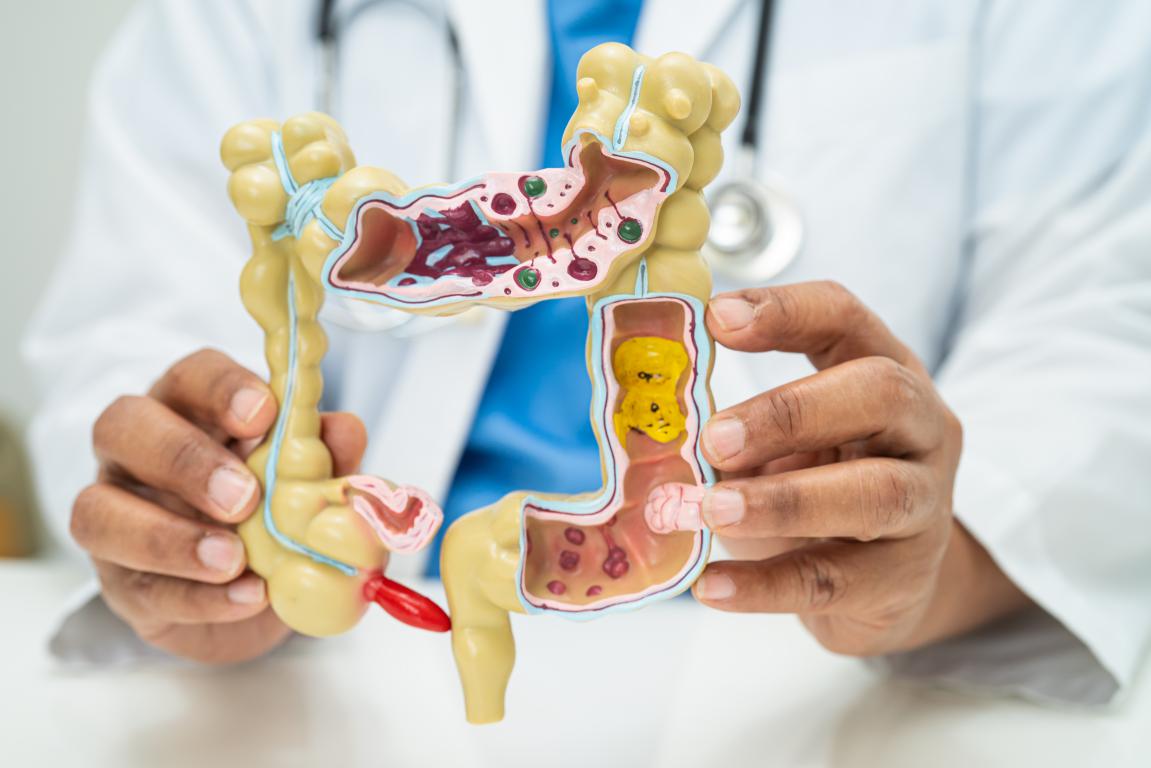Bio-degradable cards
Every card imaginable!
|
Bio-degradable cards Every card imaginable! Managing Ulcerative Colitis Symptoms and Treatment Options in the UK
Understanding Ulcerative Colitis: What Is It and Who Is at Risk?Ulcerative Colitis is a long-term condition affecting the large intestine, specifically the colon and rectum. It causes inflammation and ulceration of the inner lining of the bowel, leading to discomfort, pain, and disruption to daily life. This condition is a type of Inflammatory Bowel Disease (IBD), distinct from Irritable Bowel Syndrome (IBS), which does not cause the same inflammation or lasting damage to the digestive tract. Many individuals first encounter Ulcerative Colitis in their teens or twenties, although it can develop at any age. It’s most common in Western countries, particularly in the UK, with studies suggesting that environmental factors such as diet and lifestyle, alongside genetic predisposition, play a role. However, the exact cause remains unclear. Family history increases the risk, but many people with no family connection to the disease can also develop it. This suggests a complex interaction between genetics, immune system activity, and environmental triggers. Research has looked at potential triggers such as gut bacteria, viruses, and the use of certain medications, but none have been definitively proven. Understanding how UC differs from other gastrointestinal issues is essential. Some symptoms, such as abdominal cramps and diarrhoea, are shared with conditions like IBS, but the underlying causes are different. The immune system’s abnormal response in UC leads to chronic inflammation, which can have serious implications if not managed correctly. Left untreated, the inflammation can lead to complications such as severe bleeding, bowel perforation, and an increased risk of colon cancer over time. For those newly diagnosed, learning about the condition’s variability is crucial. Symptoms can range from mild to severe, and people may experience flare-ups followed by periods of remission. The unpredictable nature of the disease can be challenging, making regular medical care and monitoring vital for long-term health. 
What Are the Symptoms of Ulcerative Colitis and How Is It Diagnosed?The symptoms of Ulcerative Colitis can vary significantly from person to person, and the severity often depends on how much of the colon is affected. The most common symptoms include:
People may also experience non-digestive symptoms such as joint pain, skin rashes, and inflammation in the eyes. These extra-intestinal symptoms occur because Ulcerative Colitis is an autoimmune condition, meaning the body’s immune system attacks not just the colon but other parts of the body as well. Diagnosing UC usually involves a combination of methods. A GP will first take a full medical history and discuss symptoms before recommending tests. A stool sample is often used to rule out infections that could cause similar symptoms. Blood tests can also indicate inflammation and anaemia, both of which are common in Ulcerative Colitis patients. For a definitive diagnosis, patients are often referred to a gastroenterologist for a colonoscopy. This procedure involves inserting a thin, flexible tube with a camera into the rectum to examine the colon’s lining and look for signs of inflammation and ulceration. Biopsies (small samples of tissue) may be taken during this procedure to confirm the diagnosis. Other imaging tests such as CT or MRI scans may also be used, particularly in severe cases, to assess how much of the colon is affected and to rule out other conditions such as Crohn’s disease, which can affect the entire digestive tract rather than just the colon. 
How Is Ulcerative Colitis Treated, and Is There a Cure?While there is no cure for Ulcerative Colitis, several treatments are available to help manage the symptoms and reduce the frequency of flare-ups. Treatment options are generally divided into two categories: those aimed at inducing remission during active disease and those focused on maintaining remission and preventing future flare-ups.
Although surgery can provide a long-term solution for some people, it’s not always a cure, and there can be long-term effects on quality of life. The decision to undergo surgery is often a last resort and made after considering all other treatment options. 
What Is the Role of Diet and Lifestyle in Managing Ulcerative Colitis?Diet and lifestyle play a crucial role in managing UC symptoms and maintaining remission. However, no single diet works for everyone, and what triggers symptoms in one person may not affect another. People with UC often find that certain foods exacerbate their symptoms during flare-ups, while others help to soothe their digestive system. Many healthcare professionals recommend keeping a food diary to identify potential triggers. Some of the most common trigger foods include:
In contrast, a low-residue diet, which reduces the amount of undigested material passing through the bowel, can be helpful during flare-ups. This includes foods like white bread, white rice, and lean proteins. However, these restrictions are generally only needed during active disease, as long-term adherence to a low-fibre diet may lead to nutritional deficiencies. Hydration is also vital, especially for those experiencing diarrhoea. Dehydration can occur quickly, so it’s essential to drink plenty of fluids, ideally water, or rehydration solutions if needed. Alongside dietary changes, lifestyle modifications such as stress management, regular exercise, and adequate sleep can help maintain remission and improve overall well-being. Stress, in particular, is a well-known trigger for UC flare-ups. Practices such as yoga, meditation, and mindfulness have been shown to help reduce stress levels and improve quality of life for people with UC. 
What Complications Can Arise from Ulcerative Colitis?Although many people with Ulcerative Colitis can manage their symptoms effectively with medication and lifestyle adjustments, complications can still arise, particularly in those with more severe forms of the disease. One of the most serious complications is toxic megacolon, where the colon rapidly dilates and can rupture if not treated quickly. This is a medical emergency and requires immediate attention. Other complications include:
While these complications are concerning, they are not inevitable, and regular monitoring by healthcare professionals can significantly reduce the risk. Advances in treatment continue to improve outcomes for people with UC, and ongoing research offers hope for even better management options in the future.
© 2024 The Card Project Uk Ltd
VAT: 453 2087 06
|